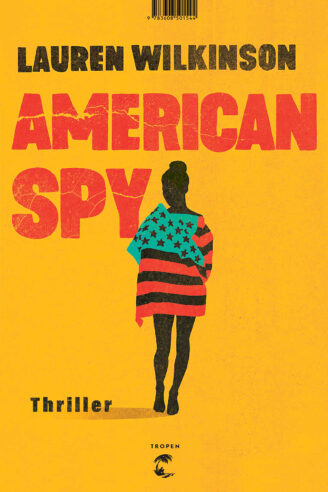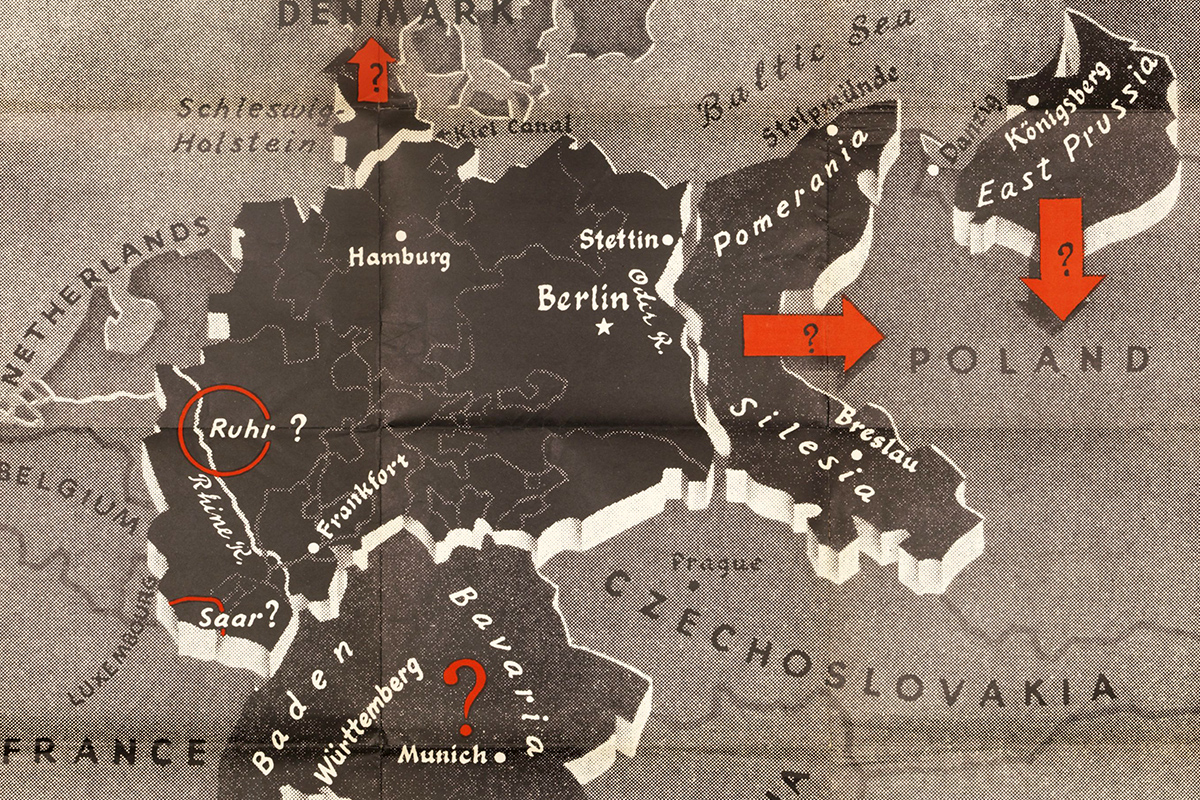As ethnic minorities advance through the ranks of the United States government, some have wondered, not unreasonably, why they should owe loyalty to an institution that has oppressed, and in some cases still does oppress, them. Such criticisms were leveled at Barack Obama when he became president.
Conversely, few spy thrillers have dwelled on the interior majority-minority dynamics of the country in question. American Spy, Lauren Wilkinson’s 2019 spy novel, quite uniquely does both at once. (And has been praised by the same Obama for it.)
Marie is an African American woman who, through a series of events, finds herself working for the American intelligence establishment. She is of a working-class immigrant Caribbean background in New York, and has had a number of run-ins with the viciousness of American racism. She sympathizes with certain radical ideas, but ultimately decides to work for the federal government, which sends her on a mission that will challenge her worldview: to help bring down Thomas Sankara, the charismatic dictator of Burkina Faso and darling of the international socialist movement, dubbed the African Che Guevara.
Wilkinson has literary flair with her characters, particularly Marie, who in one book is given a psychological and moral complexity that took Ian Fleming twelve books to give to James Bond. She has to square her family and her identity with the government she serves, sometimes in ways she finds personally odious. She is perhaps the perfect spy novel protagonist, with enough demons to provide complexity and enough access to the world of the covert to make a thrilling yarn.
Marie is but one pole of this story. The other is Sankara. I am no expert in the history of Burkina Faso, but Wilkinson makes you understand why a country ravaged by the throes of French colonialism would accept this man after a coup in 1983. Wilkinson shows you all the good things he did for his country; you can feel the love for him among many Burkinabe. But to Wilkinson’s credit, Sankara is not portrayed as a saint, as an honest historical inquiry into his rule will show, and she avoids writing a full-on hagiography.
The major flaw in the book in my estimation is that Marie’s relationship with Sankara is rather odd, and goes places I did not expect. Frankly into somewhat uncomfortable territory. It does, though, have thematic resonance with Marie’s interior journey and it works on that level, so some readers may feel differently on the subject.
American Spy is a profoundly subversive and deeply enjoyable work of spy fiction that dares to ask potent questions about what it means to serve a superpower. Those looking to shake up their reading in the genre should pick this up.





